
Posts posted by Ghideon
-
-
-
On 11/26/2025 at 4:46 PM, jalaldn said: If light had the property you think it has, this is exactly how it would behave.
I have provided you with an animation and reference images that, to the best of my ability, adhere to established scientific models.* Could you now supply an animation or a mathematical model of the theory or idea you are promoting here?
*) I acknowledge that my version is a simplified representation and has not undergone any formal review.
-
Edited by Ghideon
moved side note to the end30 minutes ago, Externet said: --> Question... Who owns the image copyright ? - - - The user of A.I. or Google ? 😳
The photographer that took the photo that the model was trained on?

More seriously; difficult to provide a generally applicable answer. It may differ between regions, product lines, license etc. Short answer, for a few services I am familiar with, you own the output the AI generates. Issues may involve if the AI outputs very similar images for several users or if output includes other copyrighted material.
16 hours ago, iNow said: Tell it to “align”
That is a good suggestion since the model may have limitations of analysing its own output. A prompt "rotate 90 degrees" may cause issues if the model does not manage to grasp what to use as a reference.
@Externet this is a case where prompting have limited success; there may not be many similar constructions in the training data. If the AI tool allows you may experiment with uploading references or modifying the image in an image editor and then submit it to AI for "cleaning".
Example: I rotated the turbine manually in an image editor. No need to be precise; there are artefacts.
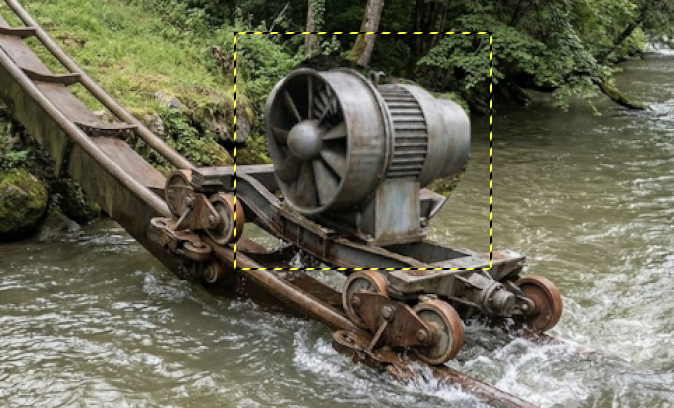
Submit the above image to AI, prompting something like "just clean up this picture a little bit"
Result:

(If more control is required there are the concepts of control nets and similar, but that may require local installations, configurations etc. I'll can provide some links if interesting.)
Note @Externet from the title I got the impression you wanted to use ChatGPT; the cleaned up image above was created using ChatGPT, model GPT 5.1
-
23 minutes ago, jalaldn said: The time interval between when light is stopped at a point and when it is received again
You need to be more specific. Also: your description of light and of Ole Rømer’s observations deviates significantly from the established sources. Could you explain what personal idea or hypothesis you are pursuing that leads you to this different interpretation?
-
Edited by Ghideon
1 hour ago, jalaldn said: Okay, now let’s imagine you are placed exactly in Ole Rømer’s position.
Using your words: "I have given you a map. That map is right in front of you."
Look at the timestamps when IO moves behind Jupiter; the moment when there is no line of sight:
The timestamps have a consistent interval, IO moves in behind Jupiter every 9nth second.
Let's look at time stamps and interval from Rømer's position: These frames are from the point where he observes that IO disappears; no light reaches him from IO.
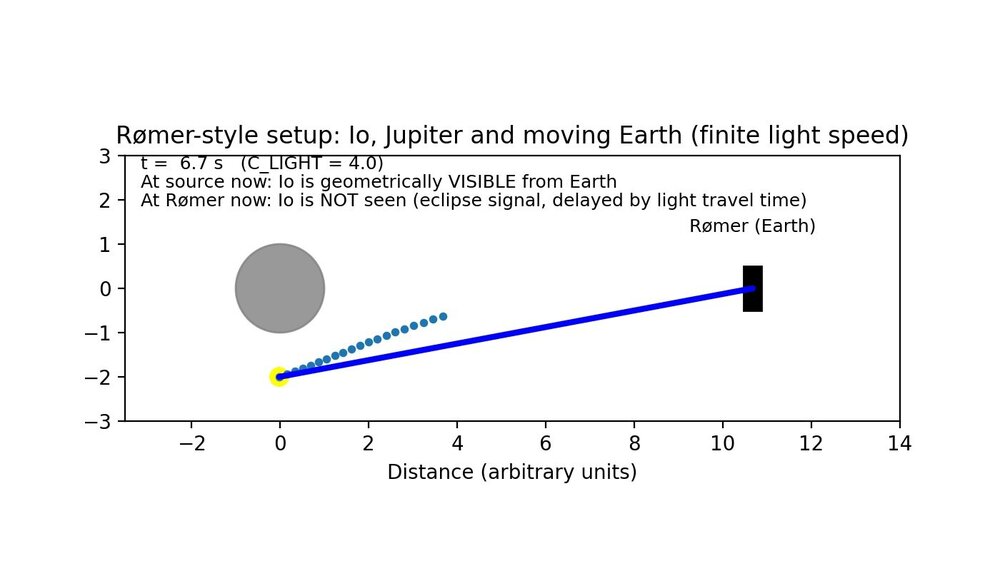
The timestamps does not have a consistent interval, the interval between 1st and 2nd time is 8 seconds and between 2nd and 3rd time it is 9.9 seconds.
This illustrates what @swansont and others already said:
7 hours ago, swansont said: “The key phenomenon that Rømer observed was that the time between eclipses was not constant, but varied slightly over the year.”
-
@jalaldn I have added the observer movement back and forth for you:
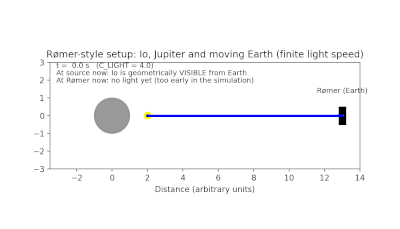
32 minutes ago, exchemist said: Your diagram fails to show this basic point.
Fair point; I kept it simple. New version posted.
-
Edited by Ghideon
@jalaldn here is a crude animation, maybe this helps.
The blue line illustrates line of sight between a moon and a remote observer.
The moving dots illustrate photons in transit.
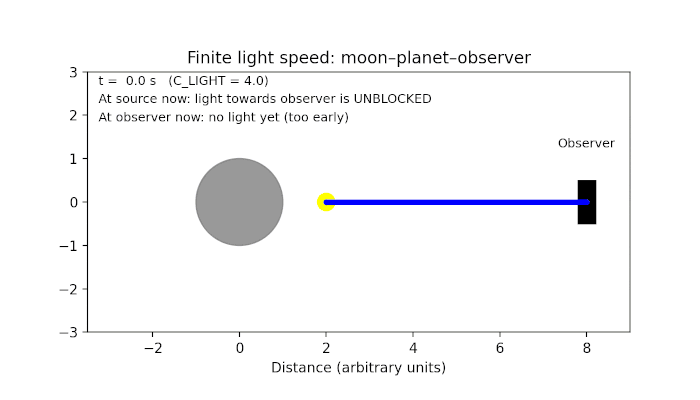
Photons hitting the back side of the planet are not included. Note that the blue line is for illustration; there is of course no real time "connection" between observer and moon.
In case you missed it:
On 11/24/2025 at 5:14 PM, Ghideon said: I think your description of light and of Ole Rømer’s observations deviates significantly from the established sources. Could you explain what personal idea or hypothesis you are pursuing that leads you to this different interpretation?
-
-
12 hours ago, jalaldn said: I can guess what all of you haven’t understood. If it doesn’t click for you immediately, there’s no mistake—it’s the very same thing that nobody understood for 350 years.
I think your description of light and of Ole Rømer’s observations deviates significantly from the established sources. Could you explain what personal idea or hypothesis you are pursuing that leads you to this different interpretation?
-
4 hours ago, jalaldn said: For example, let's assume it takes one hour for Io to pass behind Jupiter.
If we observe this event from near Jupiter (for example, at a distance of less than 10 million kilometers), Io would be invisible to our eyes for one hour.
If we observe the same event from 179.88 million kilometers away, Io would be invisible to our eyes for one hour plus 10 minutes (i.e., 70 minutes).
Not sure if this is a cause of your misunderstandings but different observers, at different distances would see a celestial object disappear and reappear at different times?
Example: Observer A near Jupiter and observer B at earth would observe IO disappear at different times due to viewing angles. Here is a sketch:
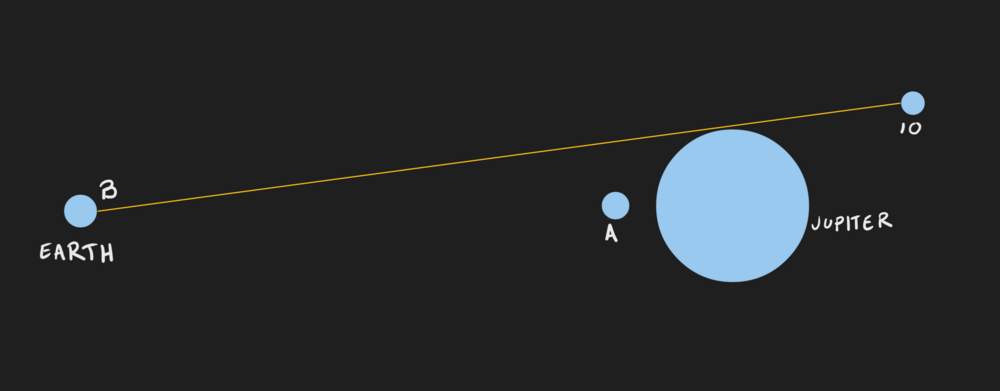
-
Edited by Ghideon
tip geometry note36 minutes ago, Externet said: Bought these superb bits about 12 years ago; as "aviation" drill bits. Cannot find them now. Am I looking now at the wrong name ?
Are they all of the same length? Long bits may be referred to as "aircraft" drill bits.
(It is hard to determine anything special about the tip geometry from the photos.)
-
On 10/6/2025 at 6:13 AM, Trurl said: I posted it somewhere in the past
I reviewed your earlier thread on primes and this thread is a repetition; the proposals lack a coherent description and the few interpretable parts contradict established mathematics. These issues were already explained, in multiple ways, in the previous discussion but have not been incorporated into your reasoning.
Your replies also continue indicate fundamental confusion regarding factors, integers, and prime numbers; as mentioned in the earlier thread, you may find this resource helpful: Khan Academy – Factors and multiples -
2 hours ago, Pathway Machine said: Any ideas from the cowards and stupid people?
Idea: somebody ≠ Somebody.
@Somebody is a member, no longer active (upper case)

"somebody" (lower case) is a tag used by the software to denote an anonymous member. A moderator would (likely) see the user name.
-
-
-
-
-
Just a quick note @Nia20855; the quotes seems messed up; your answers are posted as quotes from studiot.
-
2 hours ago, Trurl said: Again you missed the point. The equations only give a range where the factors are. There is error.
What is the mathematical expression* of this error?
3 hours ago, Trurl said: The graph allows to narrow the range of the potential factors.
Given the mathematical expression for the error, provide an expression for the range.
*) Not a numerical or visual example in a graph
-
Edited by Ghideon
Integer factorisation is defined within the integers (Z) and depends on integer divisibility. A relation that yields non-integers cannot represent or detect factors. Your formula (((pnp^2/ x ) + x^2) / pnp) yields non-integers (except for some trivial case). Hence your equation is algebraically invalid as a method for finding primes or factors.
-
On 10/1/2025 at 4:30 AM, Trurl said: I will try and answer your questions. Feel free to ask anything.
Can answer the question I asked above?
On 9/30/2025 at 1:22 PM, Ghideon said: On 9/26/2025 at 3:52 AM, Trurl said: Take this equation:
y = (((pnp^2/ x ) + x^2) / pnp)
Plug in known compost products for pop and a known factor for x. You will get y, the other factor.
How? Please show mathematically step by step what you mean. Use the symbols and derive the result. (Do not use any numerical example)
Note the bold part
-
37 minutes ago, Prajna said: From the paper you linked "the rise of AI systems that can convincingly imitate human conversation will likely cause many people to believe that the systems they interact with are conscious." That is one aspect of the illusion I pointed out above.
The paper also does not mention "Vedanta" so I do not see the connection to your ideas -
23 hours ago, Prajna said: The result didn't surprise me in the slightest, Ghideon, but then I have been doing deep psychology and debugging LLMs for quite a while now and I thought I had a good idea what the results would be; their quality anyway, even if I did not have a clear idea of what the content might turn out to be.
Then you understand how interaction with an LLM works: the model itself has no memory or state across calls? The illusion of dialogue comes from sending the full context with each request.
-
16 minutes ago, Prajna said: Couldn't wait. Fired up a new Gem instance and presented the same prompt.
Is it a surprise that the LLM hallucinated and failed to follow the prompt? Also the prompt example I posted is intended as input to an LLM; not an LLM wrapped in some software where additional information is inserted (except for system prompt(s) )
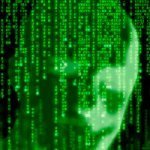

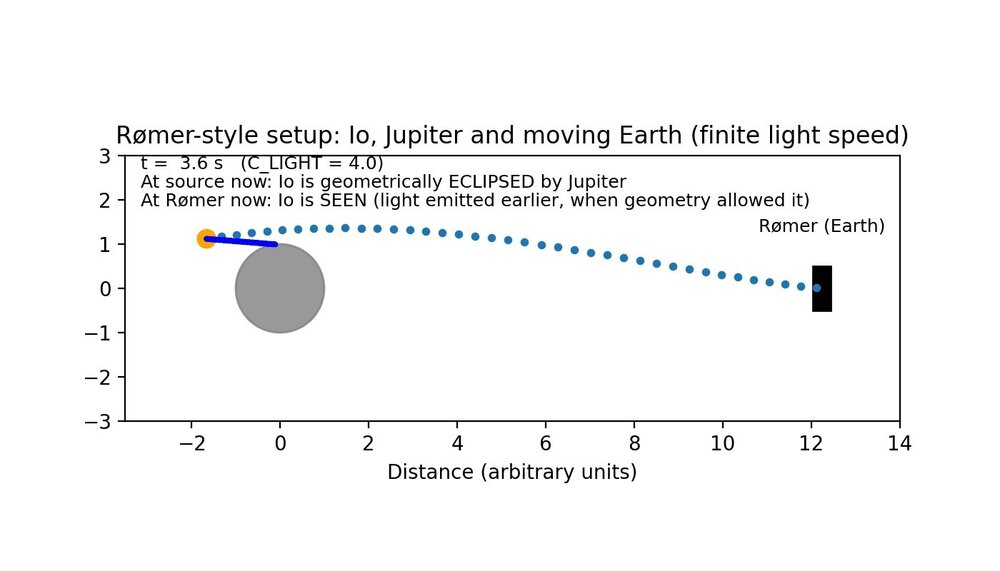
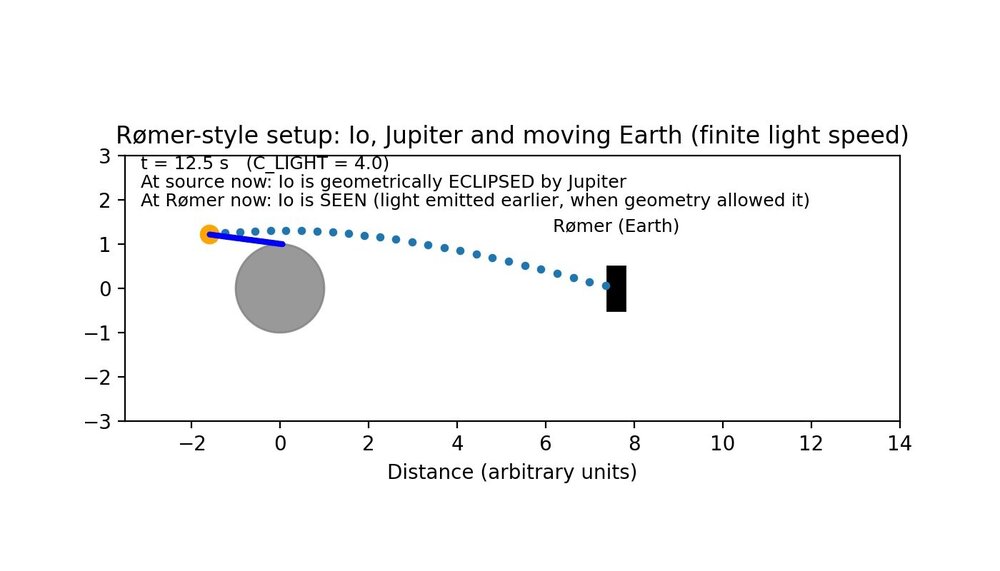
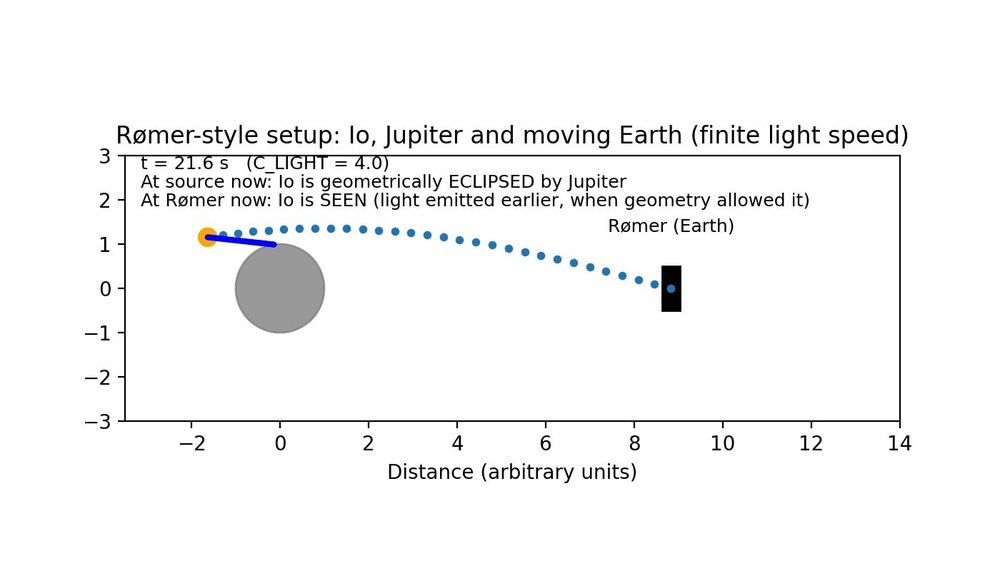
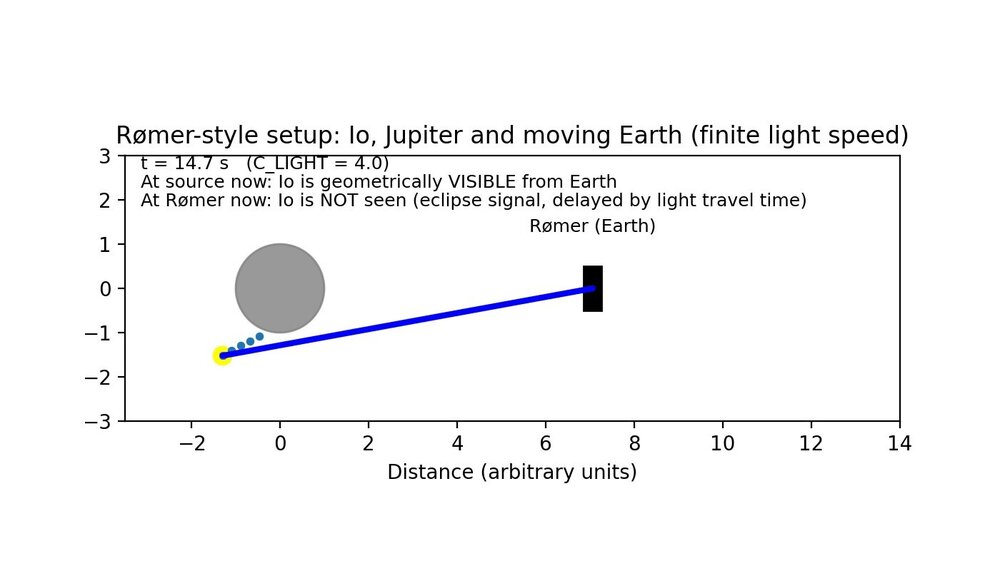
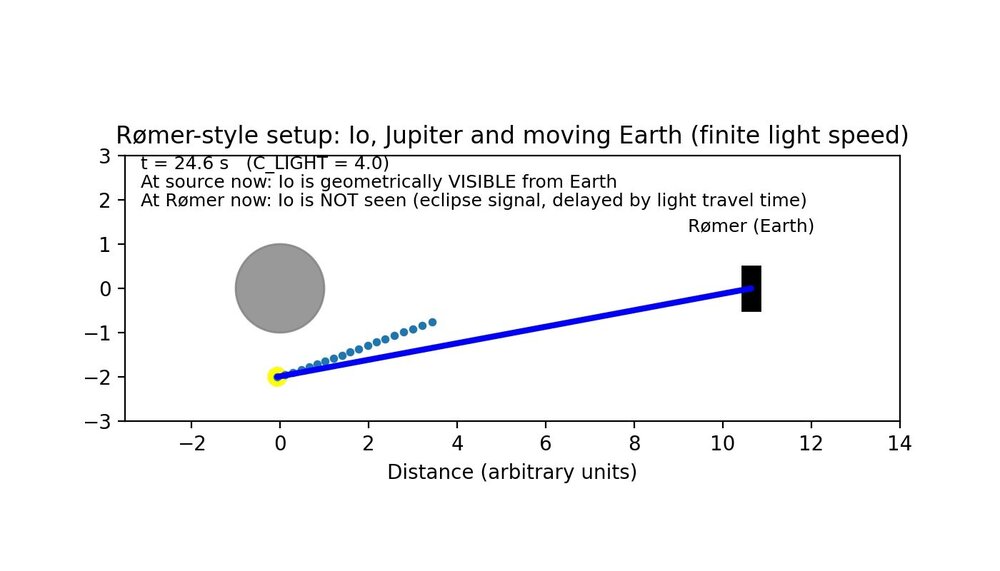
Flood of Spam 12th July 2025: Why Would Someone Do That?
in Suggestions, Comments and Support
Haven't thought this through but that policy makes them vulnerable to future attacks; an attacker picking off their customer's until there's no business* left?
Anyway thanks for the swift action and Merry Christmas!
*) Including both software and hosting